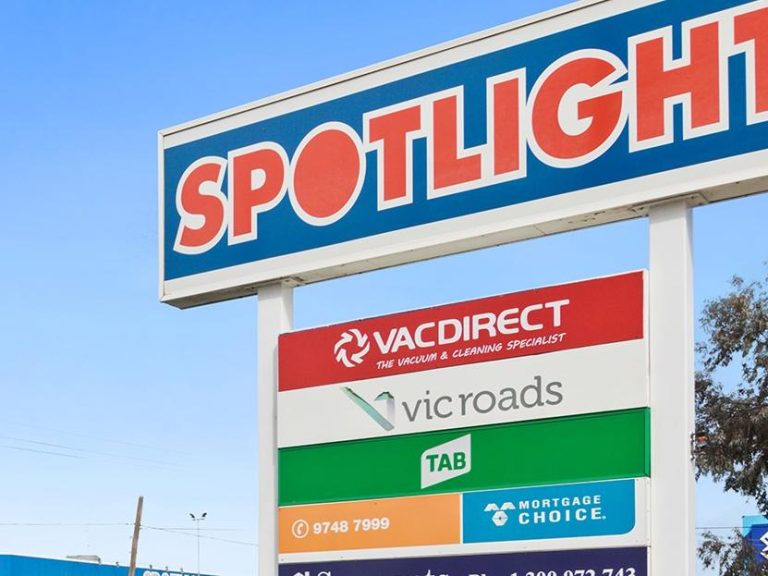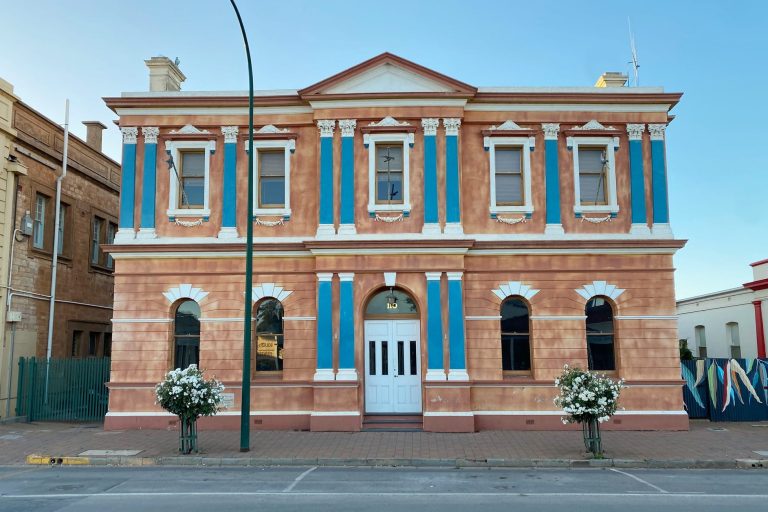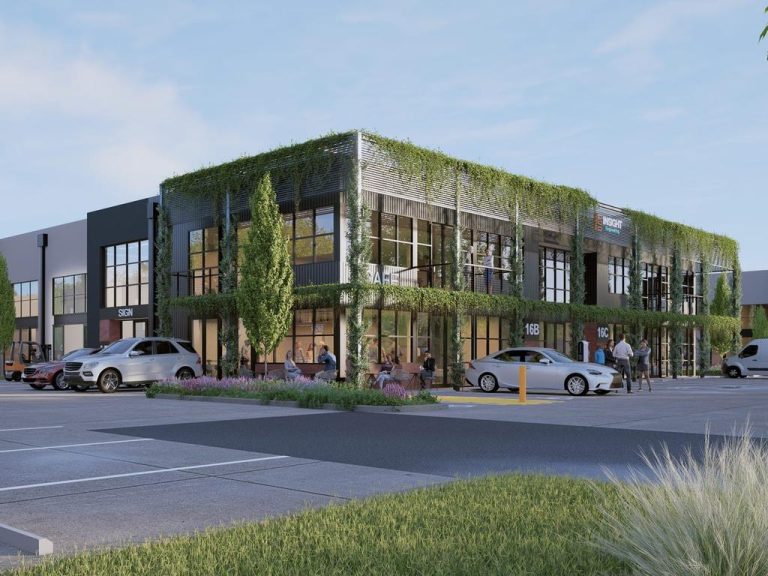How to sell your land to a developer

Vacant land suitable for development is increasingly rare so don’t be surprised if developers come knocking on your door, keen to build on your block.
But if you want to enjoy maximum profit and minimal stress, consider the following.
What is my land worth?
Depending on vendors’ experience and research skills, they can undertake their own land valuation with a comparative sale analysis, according to project management and development strategist, Gerard Coutts.
“You can look at your suburb and go through the sales records,” Mr Coutts said.
“So, there might have been half a dozen 800 square metre blocks in the area in neighbouring streets and they all sold for $750,000.”
However, Mr Coutts said a land valuer is crucial when beginning the more detailed sections of the sales process.
First National Real Estate Moreton director, Mark Cheney, added that real estate agents could also determine a land’s value.
How do I calculate my profit?
Mr Cheney said as a general rule, vendors should expect to collect a third of their land’s total development sales result.
The developers themselves also aim to enjoy a third of a site’s net profit sale as overall profit.
“For example, if the developer’s result – or what they think they’ll sell the complete development for – is $6 million, they’ll pay $2 million for it (to the vendor), it will cost them $2 million to develop it, and they’ll want to make $2 million in profit,” Mr Cheney said.

Vendors can expect to enjoy a third of a development site’s net profit sale. Picture: Getty
However, according to Herron Todd White land valuer Alistair Weir, this was quite an old rule.
“Most developers are looking for a percentage of the total cost as a profit margin,” he said.
As an example of this residual analysis, Mr Weir said a developer who paid $5 million for a block of land and $15 million on construction would aim for a minimum profit margin of 20%, or $4 million.
“The profit margin is a key element when calculating what the land value is worth,” he said.
Partner for profit
A great way to enjoy additional profit is for vendors to offer their land to the developer as collateral – although they will have to wait a little longer to receive these extra funds.
“A developer might say, ‘Would you be interested in making a little bit more money if we went into the deal together?'” Mr Cheney said.
“‘You own the land, I develop it, we sell it.’
“In this way, you’re going to get a better return because instead of just $2 million, you can have $2 million, plus part of the overall profits.”
However, Mr Cheney said only very experienced vendors should consider this possibility.
How long will it take to receive sale monies?
It can take months or sometimes years for vendors to enjoy profit in their pockets from a development land sale.
The waiting time depends to a great extent on council zoning, with Mr Cheney explaining that correct details could equal a settlement period of just 12 months.
“If you’ve got development approval, it could only take 60 days (to receive payment),” he said.
“But if vendors are waiting for the council to rezone a new town plan, it can take five to 10 years to get your money back if you want to get the best deal.”
Mr Cheney said developers also usually enacted a 60-day due diligence process, allowing them to check the site for its construction possibilities.
Getting help
Both mum and dad-type vendors and those highly experienced in selling land to developers should ensure they have a good team and great information to help them through the process.

Accountants and lawyers specialising in property and planning should be on your land sales team. Picture: Getty
People
Mr Coutts said quality advice was crucial and warned vendors to consider paying more if necessary for wisdom and experience.
“The simple things are good accounting advice, legal advice and development advice,” he said.
Accountant and/or lawyer
Mr Coutts advised vendors to employ both an accountant and a lawyer specialising in property and planning – or at least an accountant.
“You’ve got to have somebody that’s not just a suburban lawyer, but somebody that can provide some good quality property and taxation advice,” he said.
“They are around but they’re not just your normal suburban, general practice type lawyers, so you’ve got to dig around to find them.”
Development experts
Mr Coutts said real estate agents could be helpful for people keen to sell their land expediently, but agents didn’t necessarily provide the best outcome.
Instead, he recommends finding a development expert with the ability to do feasibility work.
However, Mr Cheney believes sales agents who deal regularly with developers are invaluable.
“Find a good agent who’s on the seller’s side and not on the developer’s side,” he said.
“The agent’s job is to protect the seller and keep the balance fair.”
Documents
Mr Coutts explained that local council offices are great starting points for information.
“They will have design guidelines and they might also have brochures or pamphlets that can help you if you’re thinking of doing a multi-unit development or redeveloping your land,” he said.
“Also, if you log onto your local council website it’s generally pretty easy to get to the planning portal.”
Mr Cheney added that vendors would need to sign a Form 6 agreement for a real estate agent to sell their land to a developer.
“But if the developer is going to pay the agent, they don’t need the form,” he said.
“We become a buyer’s agent for the developer so the developer pays up.”







